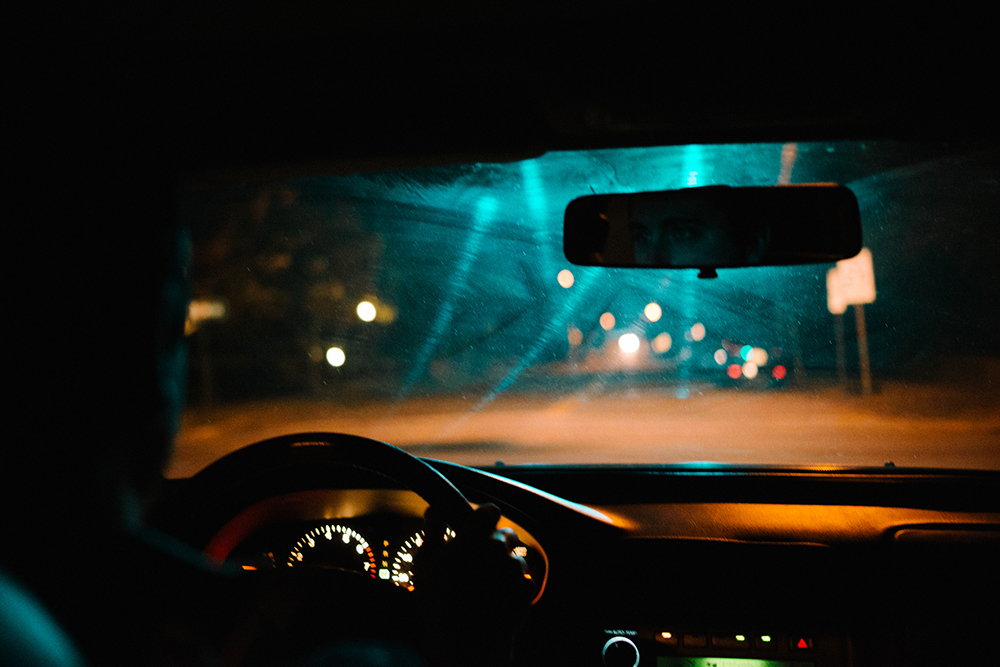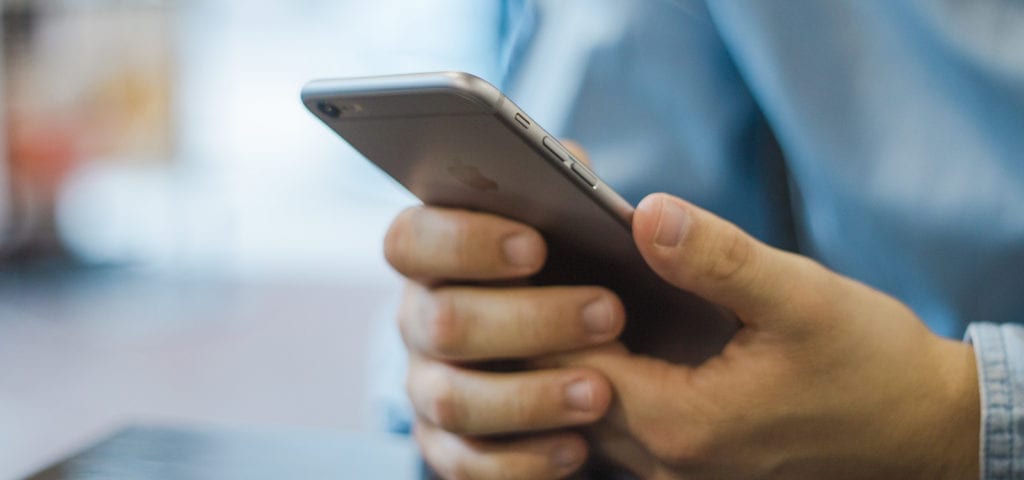Psychology professor at the University of Massachusetts, Boston Michael Milburn has developed a mobile application that tests response time as a means to measure impairment which, he contends, would be a more accurate tool than either saliva tests or drug recognition experts to determine whether a driver is impaired by cannabis or other drugs.
The app, called DRUID – an acronym for Driving Under the Influence of Drugs – uses a series of tasks to measure impairment: reacting to different shapes, multi-tasking tests, and one familiar to anyone who has been tested for impairment on the side of a road – standing on one leg, while your device measures how stable you are.
Throughout Milburn’s 40-year career he’s specialized in research methods, measurements, and statistics and he explained that he created the app “to try to eliminate an argument that opponents of legalization were consistently using” – that there is no way to accurately measure cannabis impairment.
“The big advance that DRUID does is it measures actual impairment, so law enforcement doesn’t have to rely on what is a subjective test – the standard field sobriety test that research shows doesn’t reliably identify impairment from cannabis or drug tests which don’t measure impairment at all,” Milburn said in an interview with Ganjapreneur. “The drug-testing industry is very powerful and that’s ruined lives and cost people their jobs when they might have used a substance over the weekend but they report to work perfectly sober.”

Although Millburn said his intent for the app was not “to bust people who are stoned” rather to “prevent people who are impaired from getting in the car,” he has pitched the app to “a few” law enforcement agencies, and the Massachusetts Cannabis Control Board. A Massachusetts Regional Police Academy trial found no false positives with the app, Milburn said, adding that whatever rules policymakers set for cannabis-impaired driving, the levels for impairment must be “just the same for the level of .08 [percent blood-alcohol content] impairment of alcohol.”
“Otherwise it’s discriminatory against users of cannabis,” he asserted. “Policymakers now are saying ‘if you use cannabis don’t do anything for at least six hours.’ Which sort of assumes that people use cannabis, are intoxicated, and that level stays the same for hours, which is just not true; it goes up and down.”
In one study conducted last July by the Regional Municipal Police Academy in Randolph, Massachusetts, 20 volunteers used DRUID to test for alcohol impairment and the app proved useful in these tests – able to confirm impairment as the group reached a BAC of .08 percent. Data derived from app users found that the DRUID scores from the community were significantly higher than the baseline when they were under the influence of cannabis – supporting the police academy findings. The study found that just three people out of the 90 in unimpaired condition would have been considered “impaired” by DRUID but raising the impairment cutoff to the same as alcohol found no false positives.
“What we are doing is collecting a couple hundred different data points and integrating them statistically into a single impairment score that is … really reliable and essentially maps the process of the chemicals through the brain,” Milburn explained. “It starts, there aren’t any, then it goes up and reaches a peak and goes down as the body processes the THC and various psychoactives.”
Milburn explains that in addition to its use as a tool for testing impairment, the app also serves as an entertainment device and one that can help cannabis consumers determine whether the strain they are smoking this week is more potent than the one they consumed last week.
“DRUID gives people a tool to measure things, previously, you could never measure outside of a [Drug Enforcement Agency]-approved, Schedule I, barbed-wire, lab,” Millburn said. “Now you have it in the palm of your hand.”
In a home experiment, Milburn tested what’s known as the Mango Hypothesis – that eating a mango before getting stoned actually gets you higher. His test, using a Volcano vaporizer and mangoes of varying ripeness, found a non-result and busted the lore.
Milburn said that “way beyond” the fun and potential law enforcement utility of DRUID, it could be used by the private sector to accurately determine whether an employee is impaired on the job and could be used by physicians in concussion assessment but ultimately, his hope is to make law enforcement “more precise.”
Get daily cannabis business news updates. Subscribe
End
